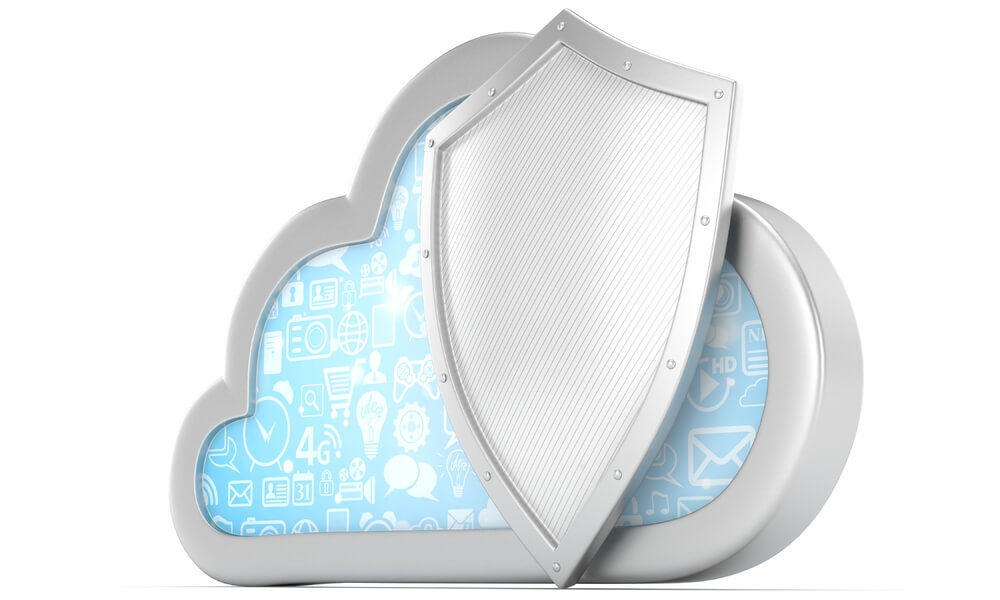Firewalls are a crucial line of defense protecting your business from cyberattack.
If you own a computer, you probably have some familiarity with using a firewall. At the very least, you’ve probably heard about them and understand that they are important for your computer’s safety. Firewalls block unauthorized access to your computer network by viruses, malware, and hackers. They monitor data as it passes between your computer, your server, and the Internet to make sure that nothing harmful or unintended slips through. They may block certain downloads, or require system administers to grant authority before opening files that fail to meet their security standards.
Chances are, your computer already runs a firewall whether you’re aware of it or not. Firewalls are built in to the security settings on most operating systems and are a key feature of any credible security software. Without a firewall in place, your PC would doubtless already be invested with enough viruses and malware to be unusable.
However, having a firewall in place does not mean its settings are configured appropriately. A poorly-managed firewall can block legitimate activity, causing workflow errors and excess frustration for the end user. Or, a firewall with overly lax restrictions could miss harmful data packets, lending the user a false sense of security while malware and viruses go about their work undetected.
Neither of these issues are good for users. However, properly configuring a firewall, knowing when to override its protections and let data through, and understanding how to respond in case of an alert—these issues are often beyond the capabilities of many users. Fortunately, a trusted IT partner can help businesses manage their firewalls remotely and stay secure. Here are the top benefits managed firewall services bring small businesses.
Block unauthorized access.
Most businesses can’t afford the consequences of a security breach. However, larger businesses often have greater resources to divert toward security. For small to mid-sized businesses, having their IT systems brought low by a cyberattack can be devastating. Unauthorized access to their system files can result in the loss of important data, the leak of confidential client information, or the compromising of other security features.
A properly managed firewall can nip this problem in the bud. If an unauthorized user is trying to access your files remotely, a firewall can block access and alert your team of an attempted security breach. That will give your business time to respond before the situation becomes serious.
Prevent user access to problem content.
Firewalls have become a surprising sore point between employer-employee relations, as they are often used to block access to certain sites online. While workers feel that a prohibition on Facebook during work hours is an unnecessary incursion on their personal habits, many business owners feel it is necessary to cut down on the kinds of distractions that eat up productivity at work.
There are definite pros and cons to each side, but by prohibiting access to all but a select group of websites (or by using strict controls to determine what other websites are permissible) business owners can safeguard against employees accidentally visiting a dangerous website by mistake. Such a protection can prevent an unsuspicious employee from falling victim to a phishing scam or from entering important information into an insecure website.
A managed firewall solution can help your business identify which websites your employees need to be able to access. It can even create a custom configuration of settings to block problematic websites.
Improve business function.
When it comes to managed firewalls, having them managed remotely cuts down on disruption to your business while providing you the 24-7 protection you need. A remote firewall service team not only maintains proper system configurations. They also monitor your system for potential security threats and can respond to alerts in a timely manner.
Furthermore, your managed firewall provider should be up-to-date with new technology, as well as any security compliance regulations that might affect your business. While you focus on running your business at peak efficiency, your managed firewall providers ensure your software and hardware stays up to date, and that you meet the regulatory conditions required of your business.
This division of resources simplifies your management structure and makes it easier for every member of your team to focus on the work they know best.
A firewall is you first line of defense—not your last.
Despite the protections firewalls provide, they are not infallible. If an end-user overrides the firewall settings, it leaves your system open to attack. This can happen if an employee doesn’t realize the significance of the firewall, or falls prey to a scammer. You can protect against this kind of failure by educating your staff about the importance and significance of firewall protection. This training can also help your employees spot potential scams before they fall victim to them.
It’s also possible for a firewall to fail, as when the firewall fails to identify a harmful program, a hacker manages to break through the systems set in place, or a hacker succeeds in finding an alternative, unguarded route on to your system.
Because of this, your business should also consider other safeguards, such as monitoring software that can spot suspicious activity, or programs designed to detect and remove viruses from your system.
Finally, one of the most secure ways to protect your most valuable data is by limiting user access. Make sure to store your most secure files in as few locations as necessary. The more locations it can be found, the more you must protect. Only allow access to those employees who need it, and protect it with encryption and strong passwords.
If you would like a more thorough audit of your current security systems and needs, contact us. We are happy to talk to you about your security needs and the strategies you can use to keep your data safe.
